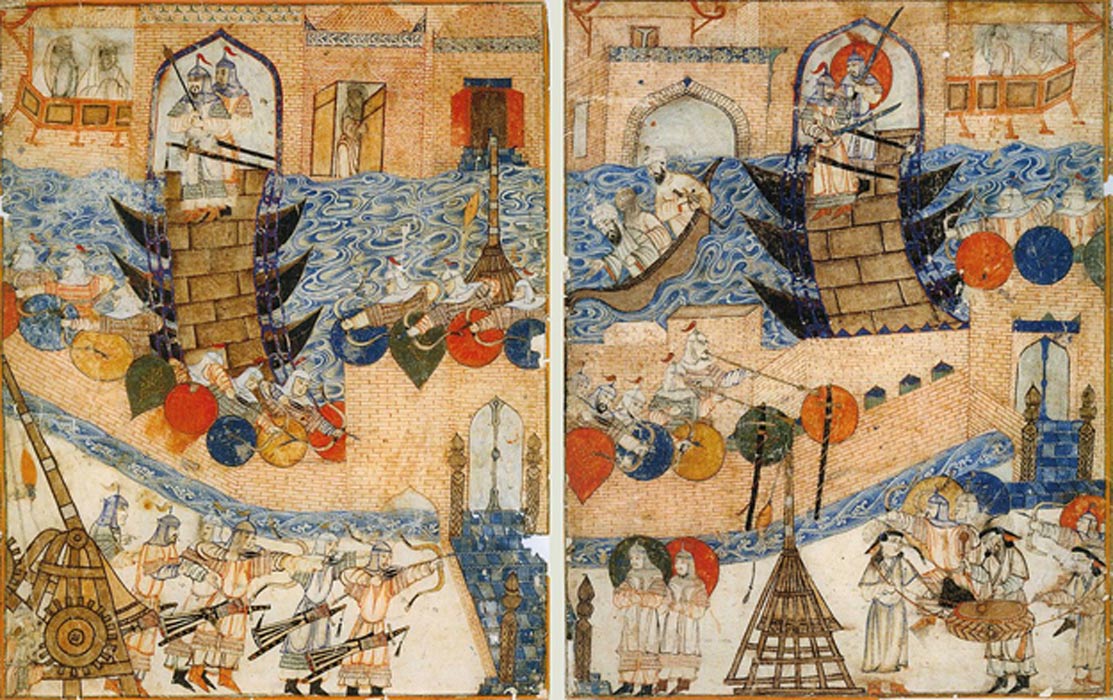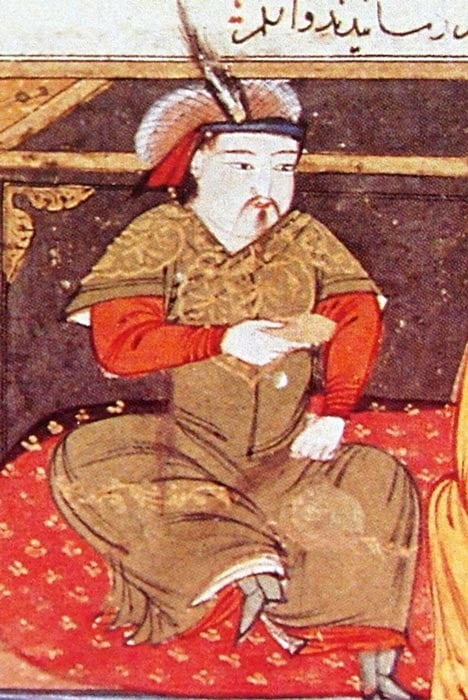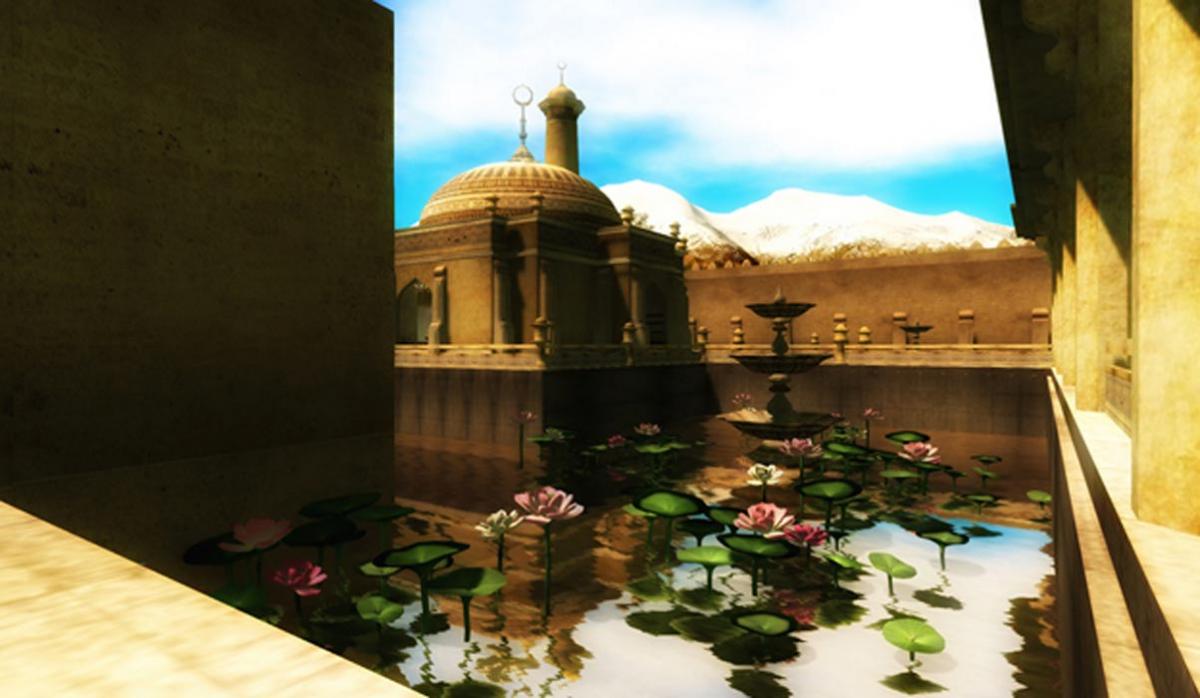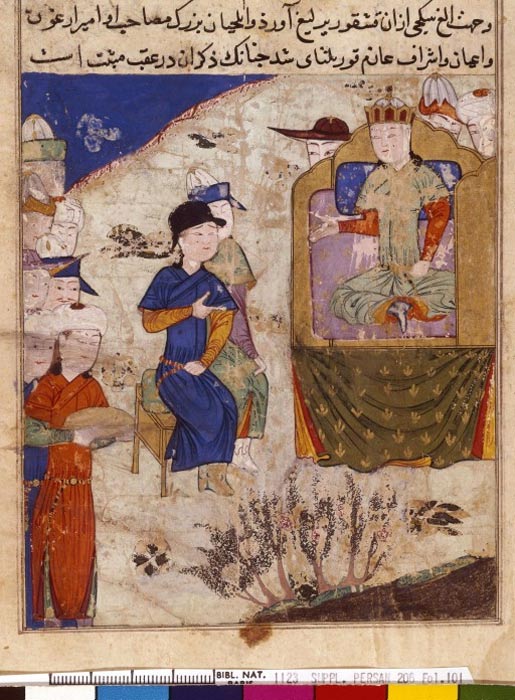
Palms Over Baghdad: Riches and Fear during the Mongol Invasion – Part I
In 1253 CE, a breeze began to blow into Baghdad from the east. Unbeknownst to Al-Musta'sim, the Abbasid Caliph, this breeze would soon turn into a violent shamal (wind). This shamal was gaining energy from Karakorum, the Mongol capital of the most powerful empire on earth. For in the same year, Mongke Khan, the Great Khan, held a khuriltai (a political and military council meeting) with siblings and close family. It was during this meeting that Mongke expressed his desire to launch a dual military campaign: one led by Khubilai against the Sung Dynasty in China, and another against the Arabs and Persians, this led by Hulegu, grandson of Genghis Khan.

Hulagu Khan, 14th century (Public Domain)

An artist’s depiction of ancient Karakorum. (CC BY 2.0)
Hulegu’s mission was to conquer the Arabs and Persians and to expand further westward by subjugating Muslim nations, particularly bringing the Abbasid Caliphate under the Mongol yoke, and from there to proceed southwards through the Kingdom of Jerusalem to conquer the Mamluk Sultanate of Egypt. But there was another reason for Mongke’s decision to bring the Muslim nations under Mongol control: riches and fear.
Riches and Fear
Thirty-six years earlier in 1217, the Mongols under the leadership of Genghis Khan invaded the Khwarazmian Empire, which ruled Persia at the time, and toppled it by 1221. However, the invasion of Persia was not completed. After Genghis Khan died in 1227, his son, Ogodei, inherited the throne. To complete this, Ogodei promoted Chormaqan to act as military governor of Persia with the sole mission to subjugate and control. Chormaqan reigned as military governor of Persia from 1231-1237. Ogodei replaced Choraqan with Baiju in 1237. Baiju was tasked with the same mission: control the territory and expand the borders—which he did by conquering the Seljuks of Asia-Minor from 1242-1256. However, a Muslim delegation arrived to court of Mongke in 1252, led by the religious leader, Qadi of Qazvin, which requested Mongke to replace Baiju with a royal Mongol prince.
O illustrious and magnanimous Qa'an we do not speak of a bridge made of stone, or brick, nor a bridge of chains. I want a bridge of justice over the river, for where there is justice, the world is prosperous. He who comes over the river Amu Darya (Oxus) finds the Qa'an's justice, and on this side of the river there is justice and a path. On that side of the river, the world is evil, and some people become prosperous through injustice.

Audience with Möngke. (Public Domain)




